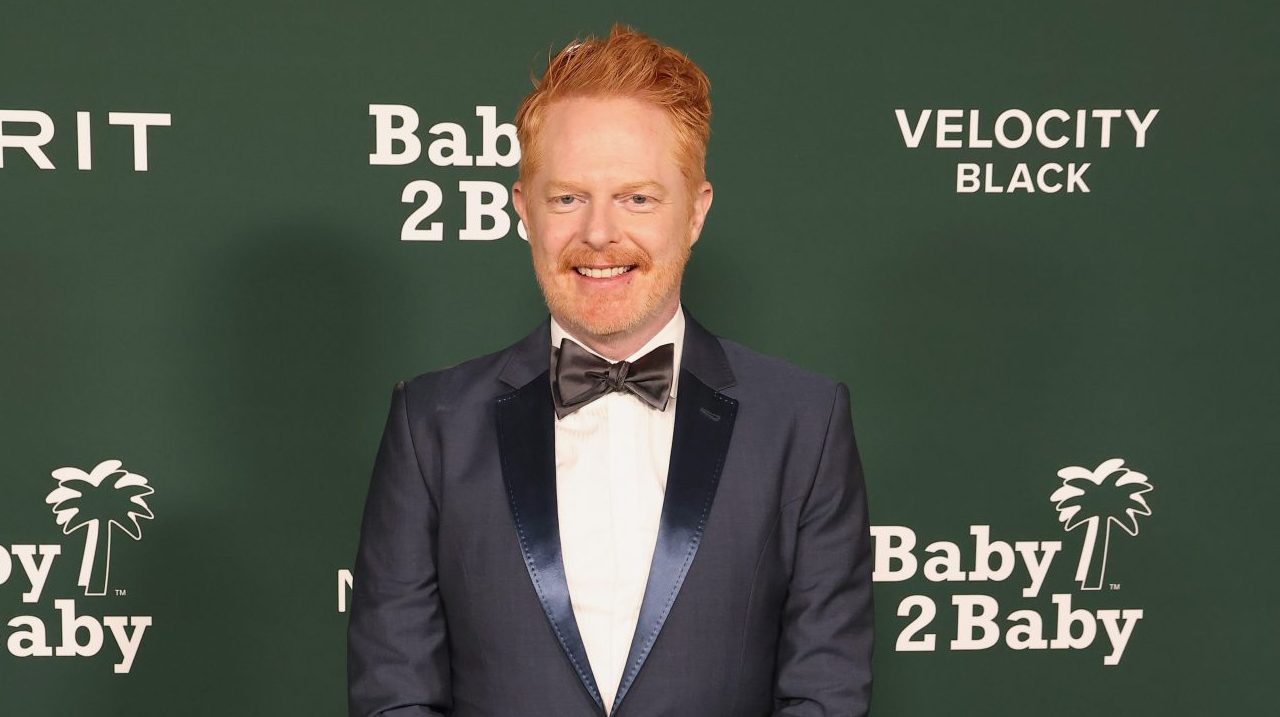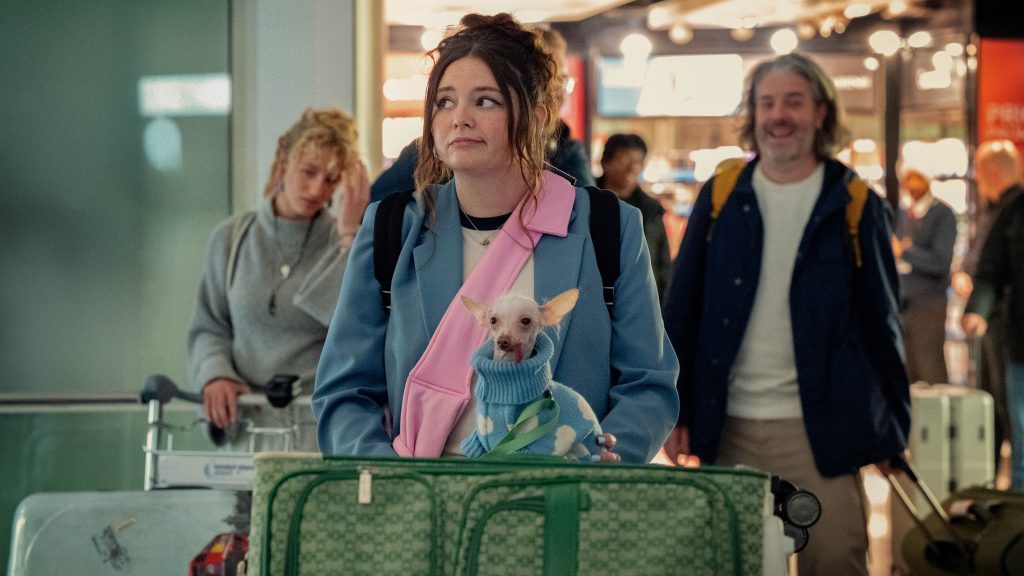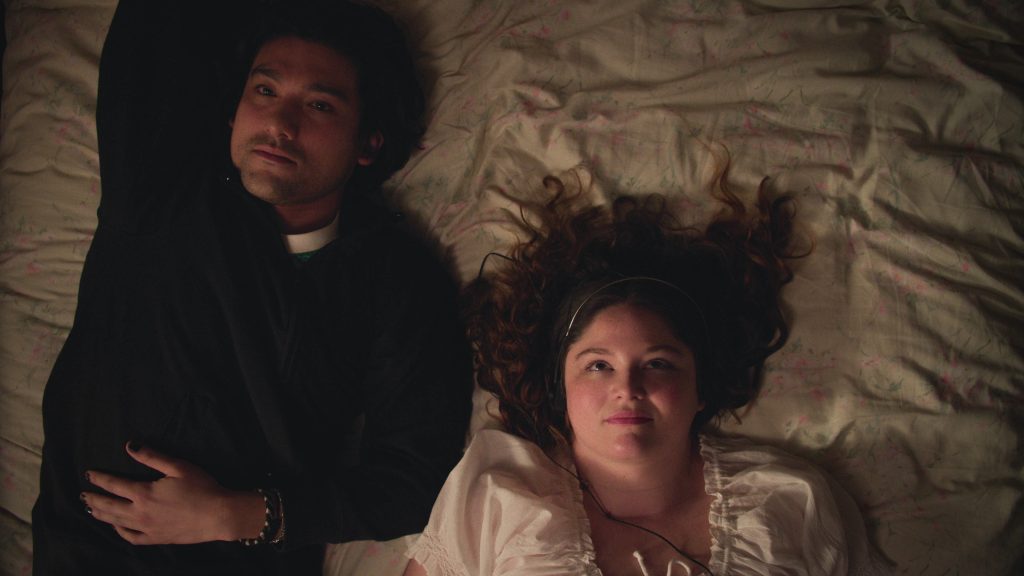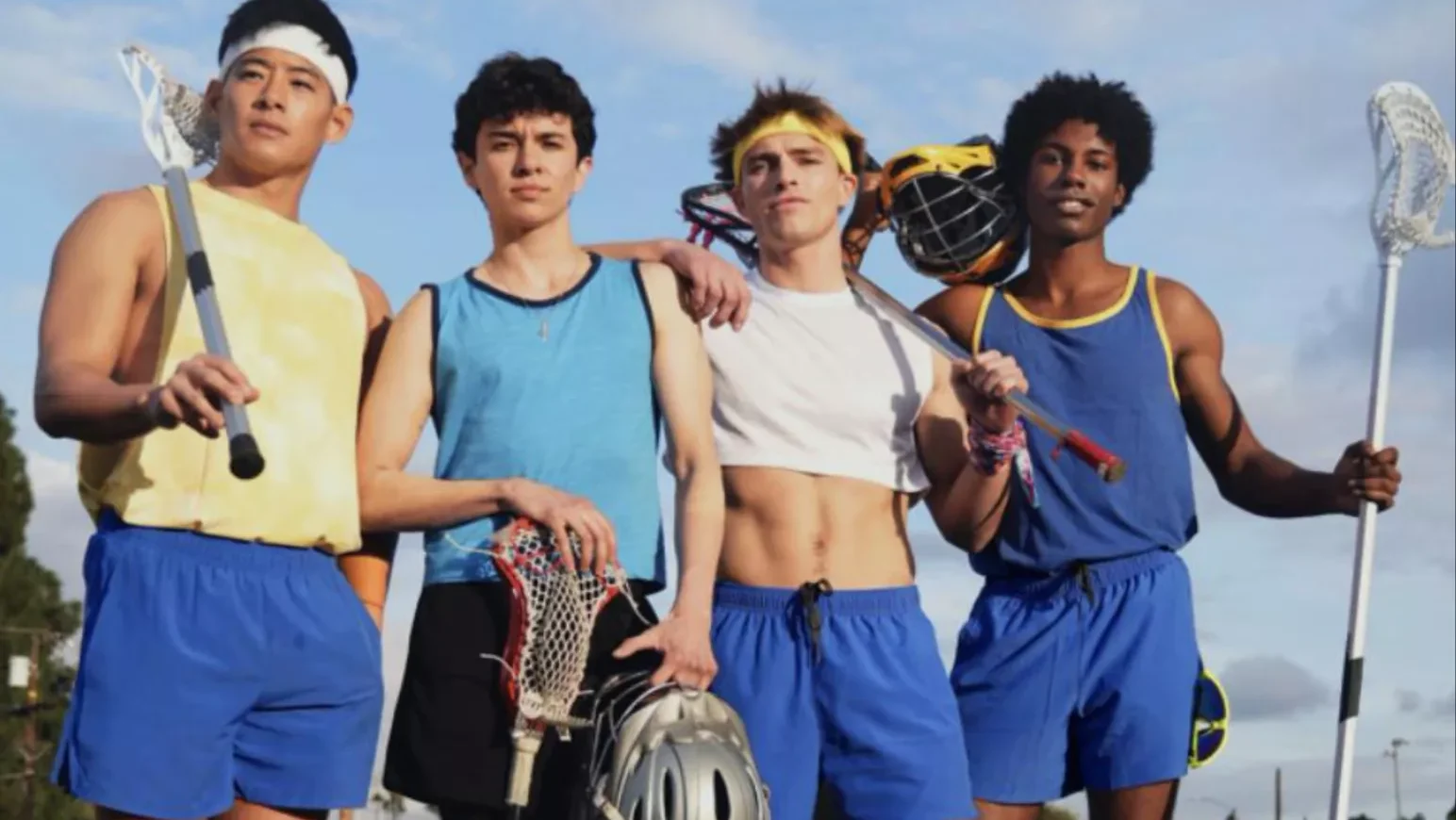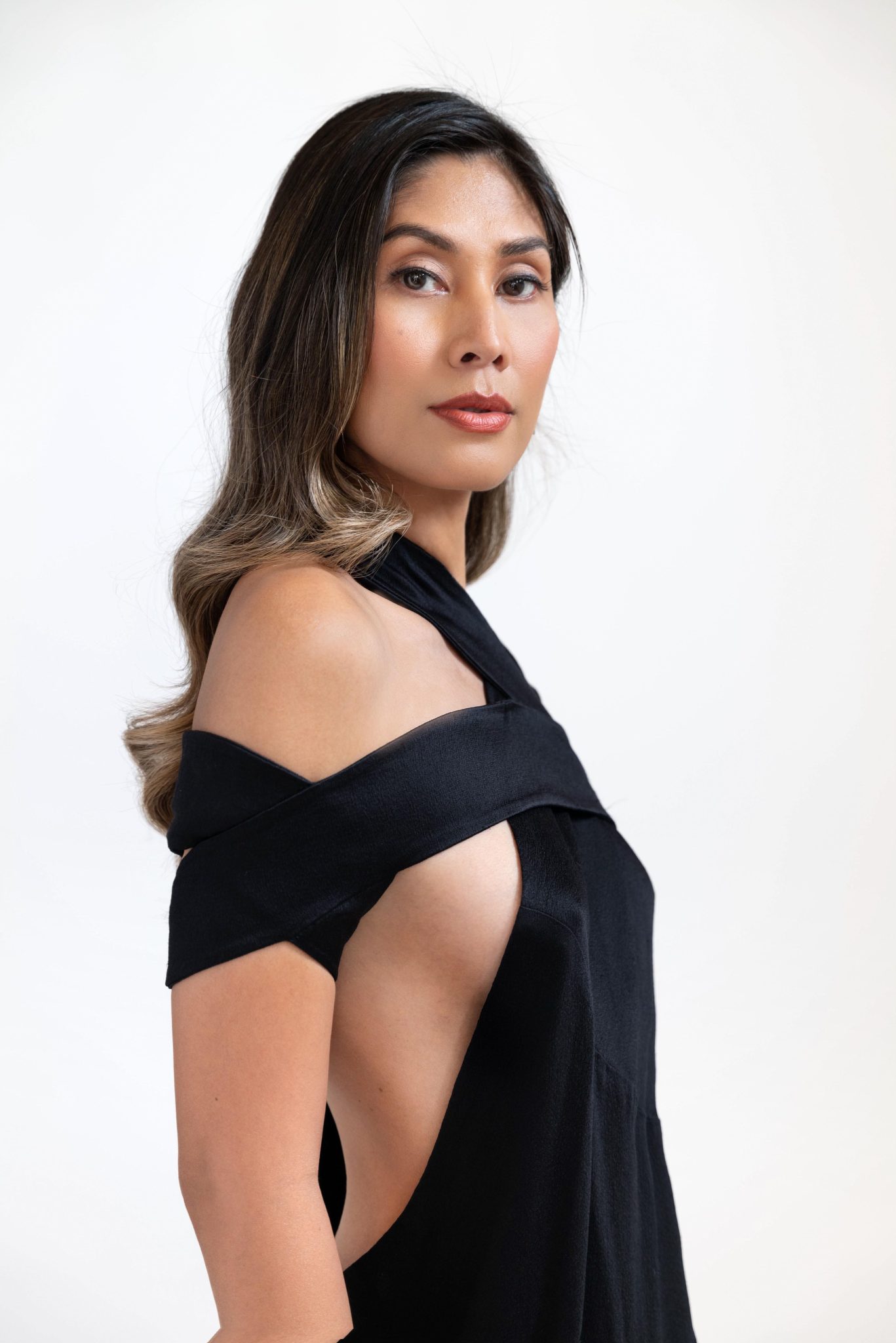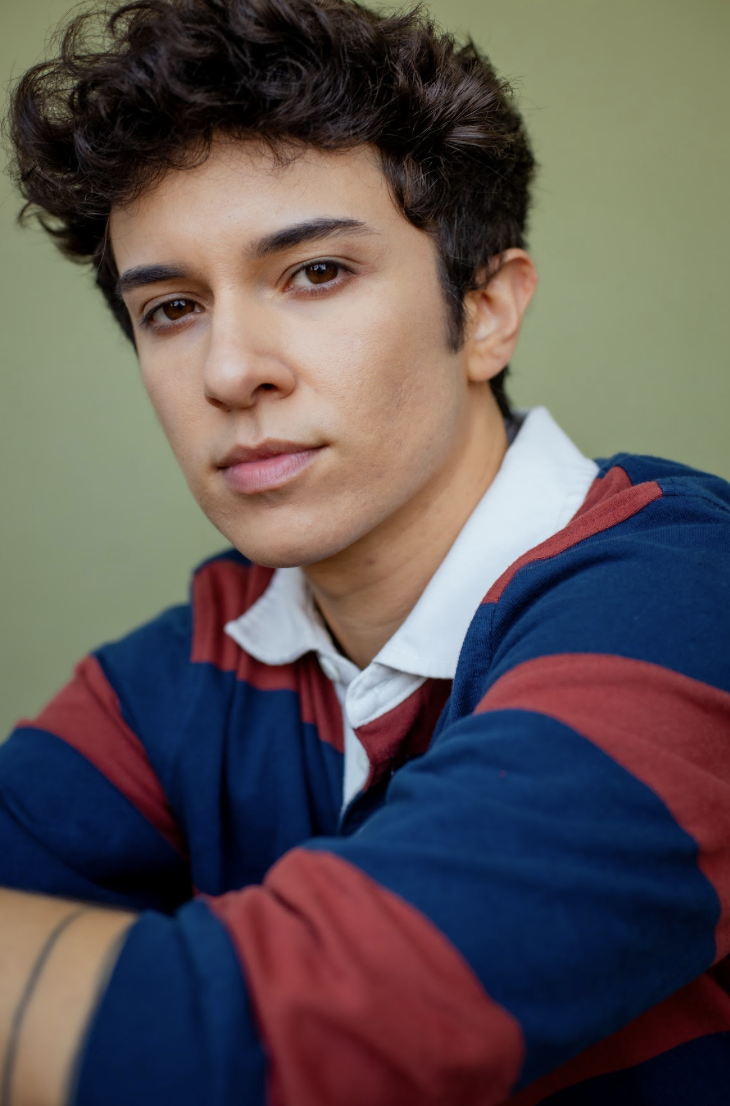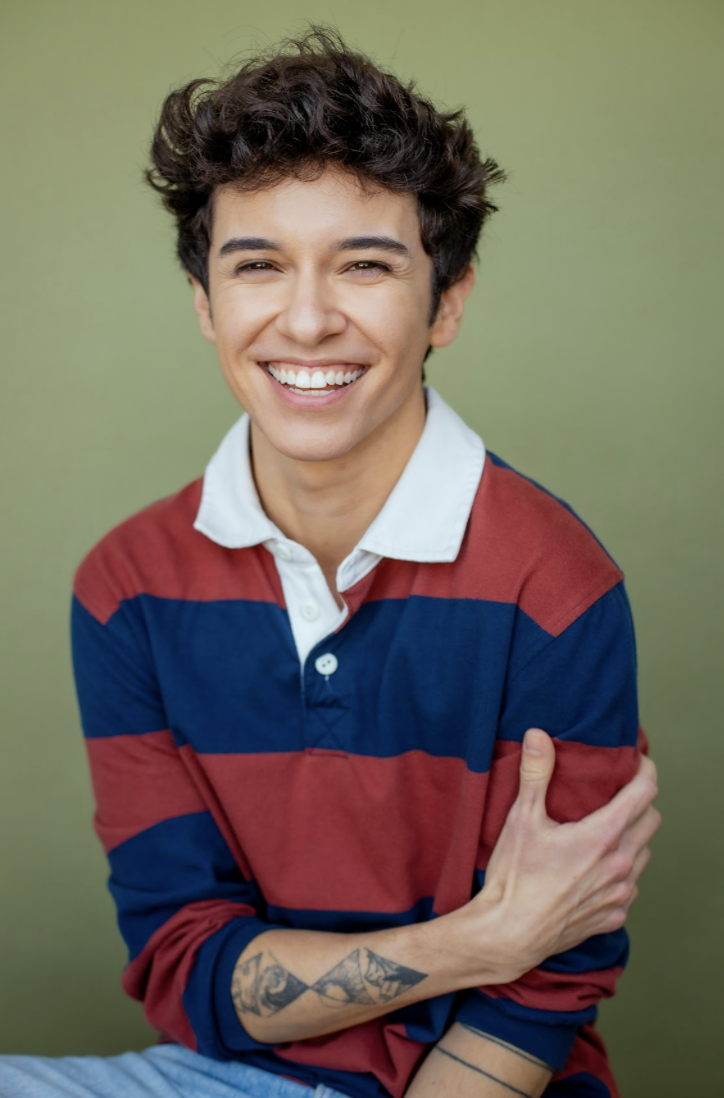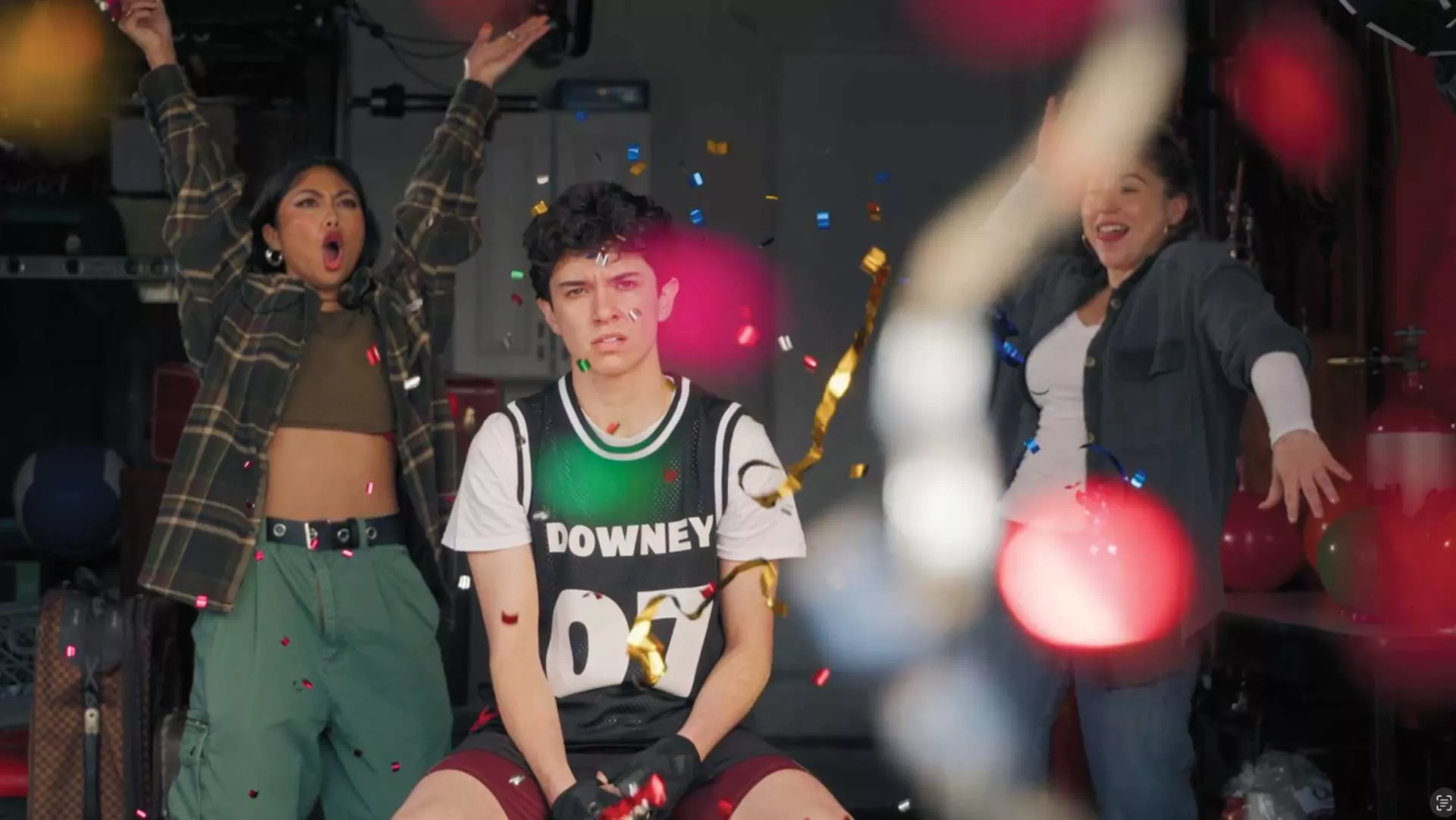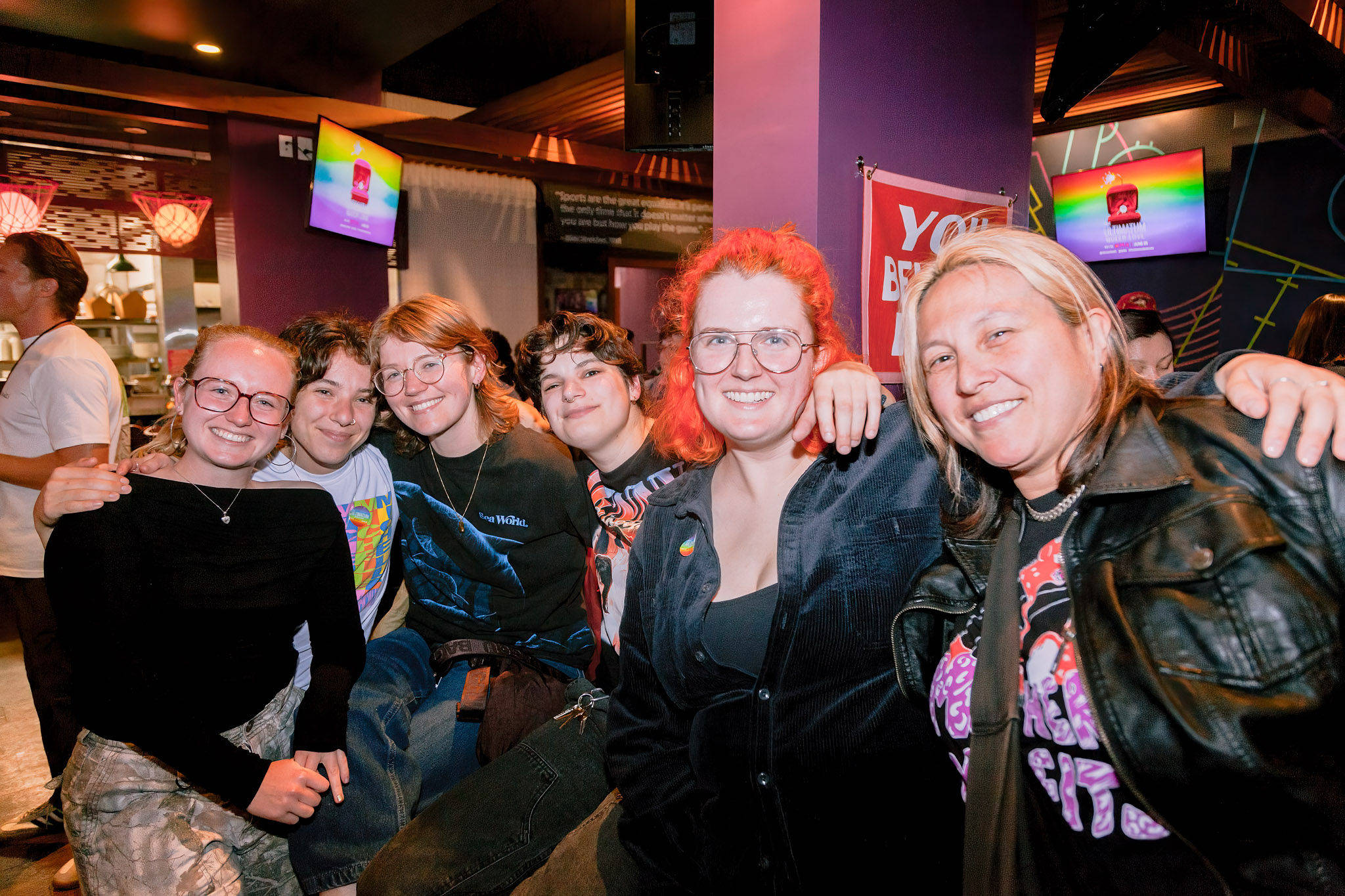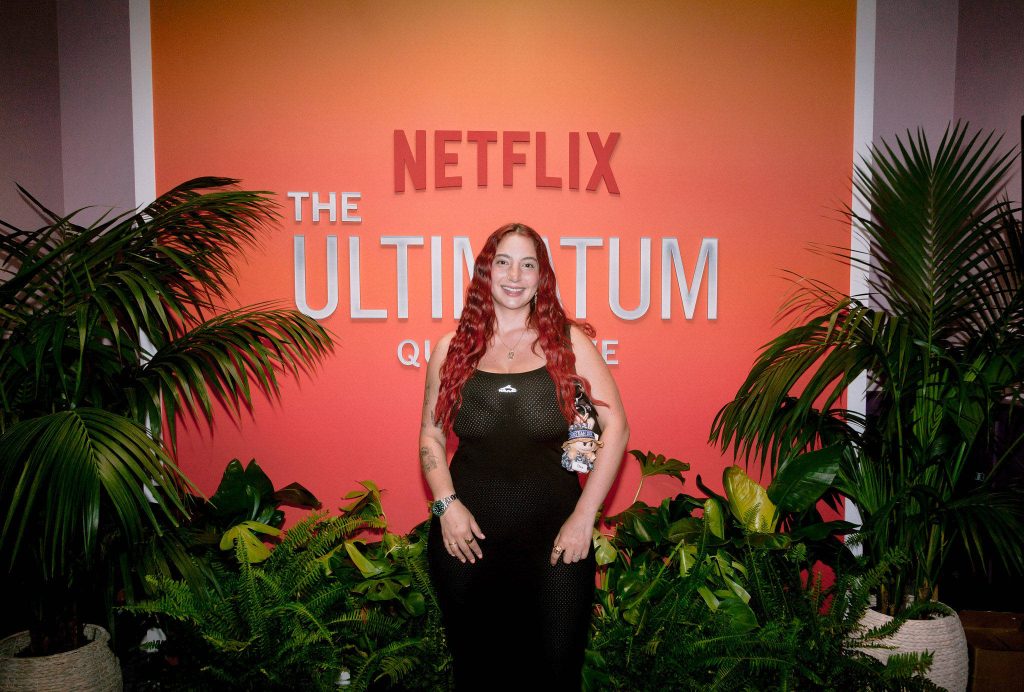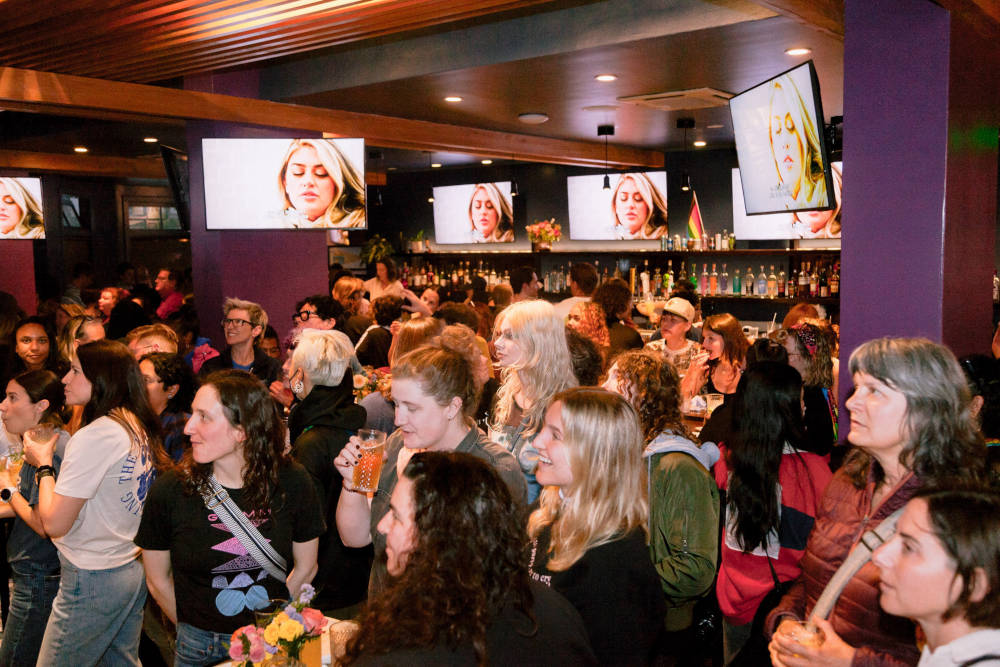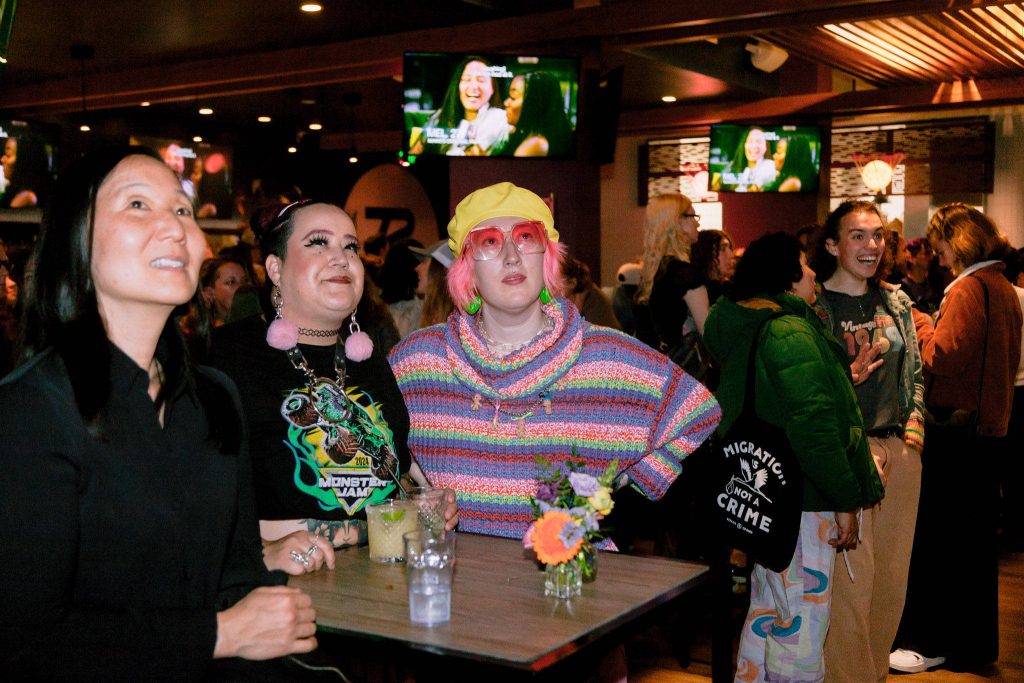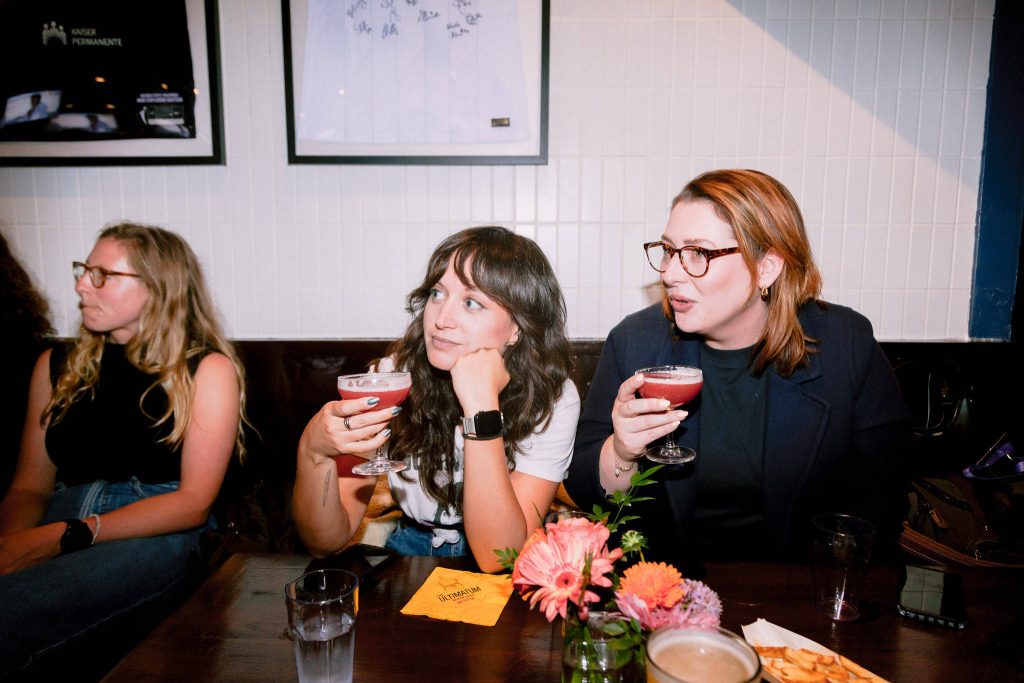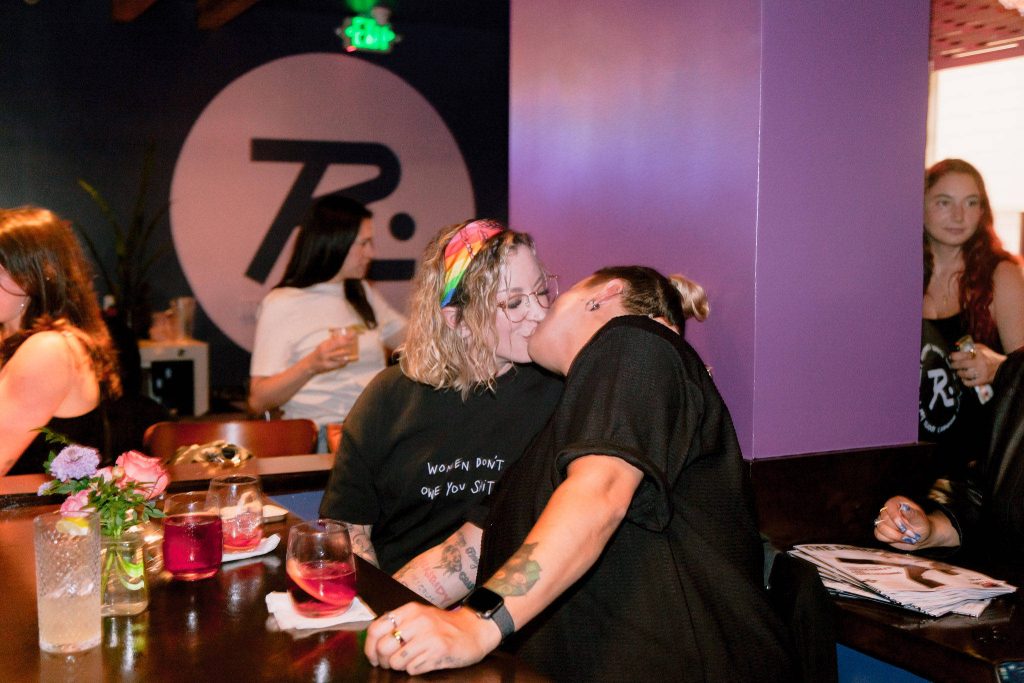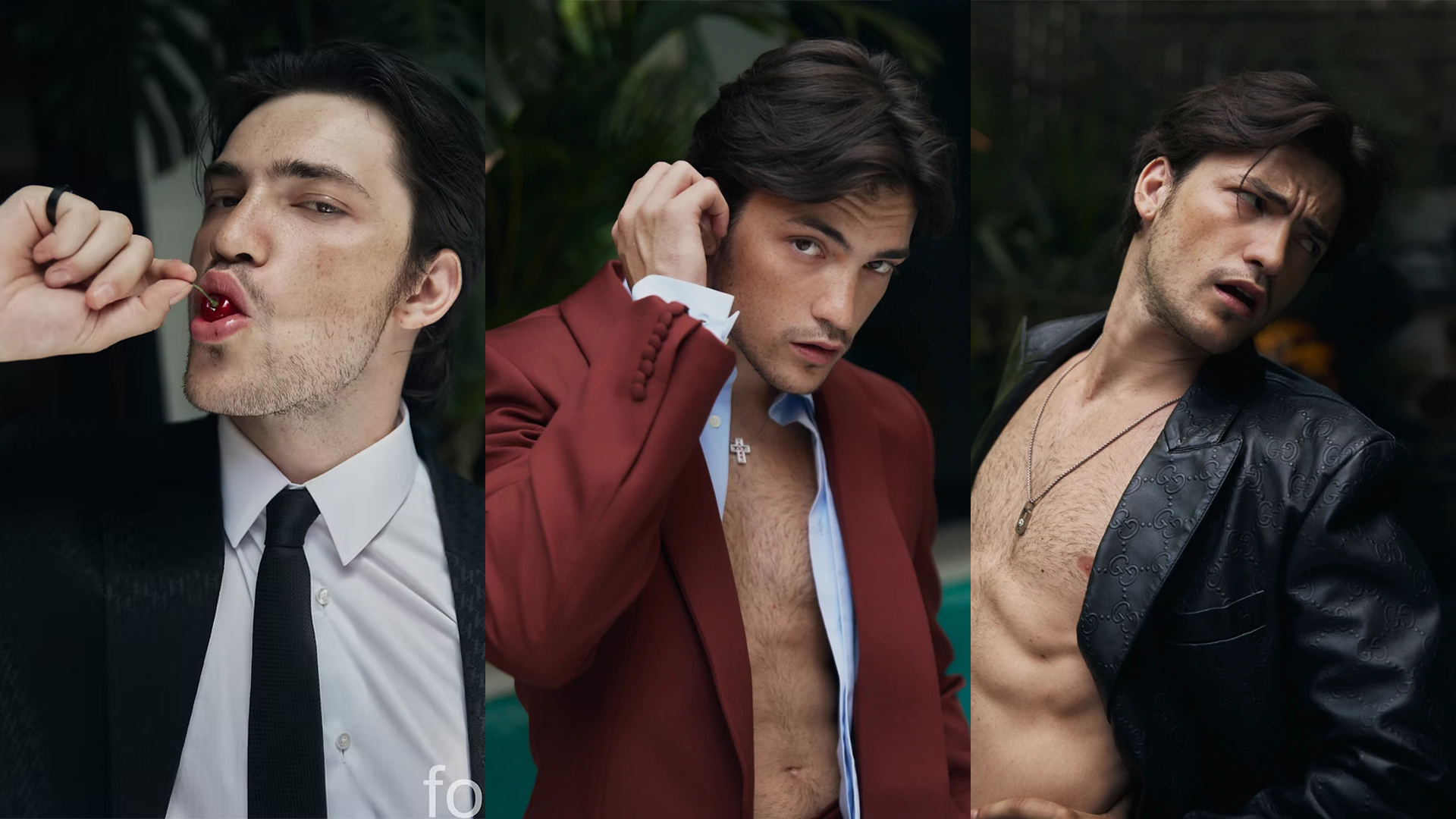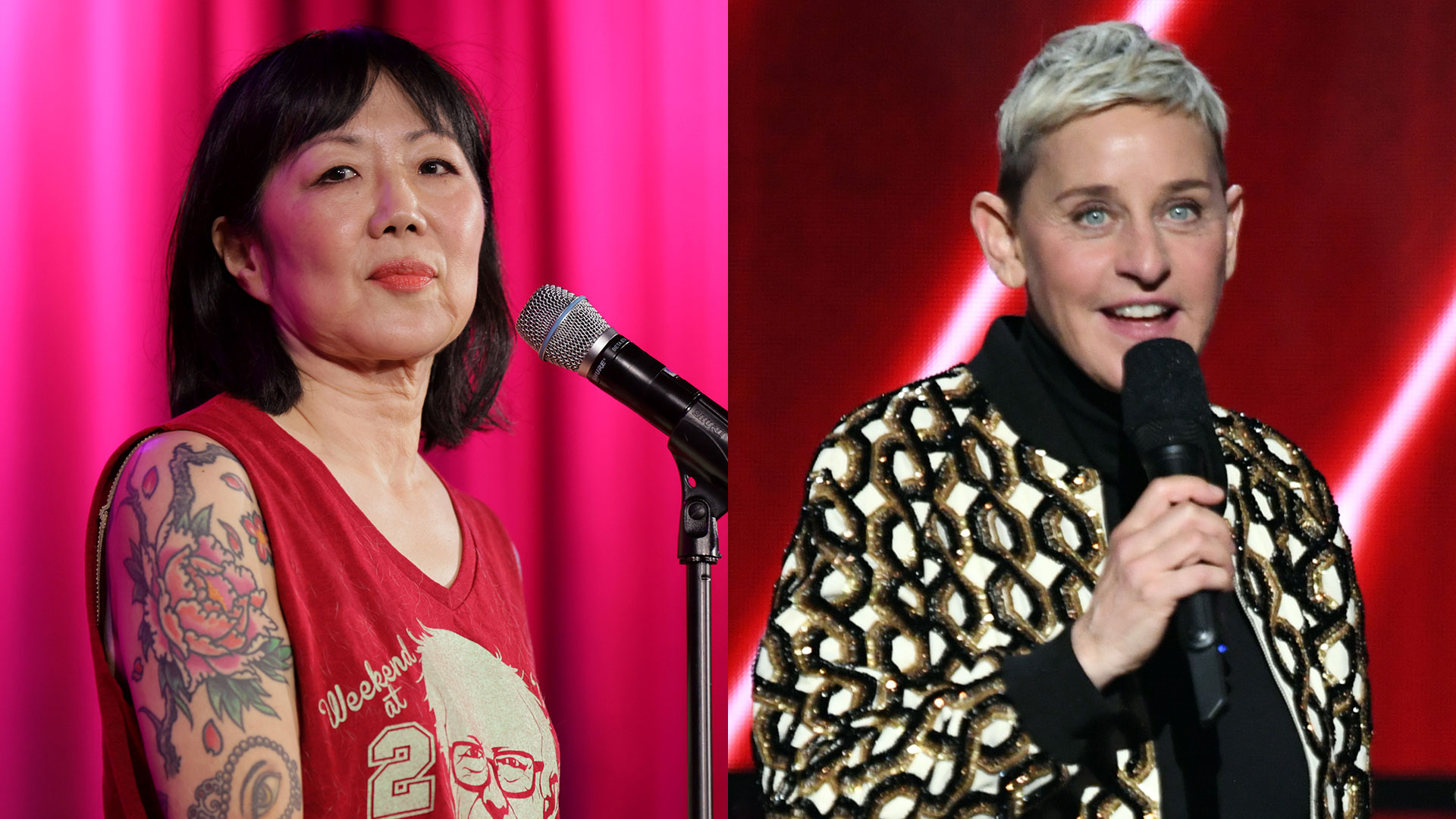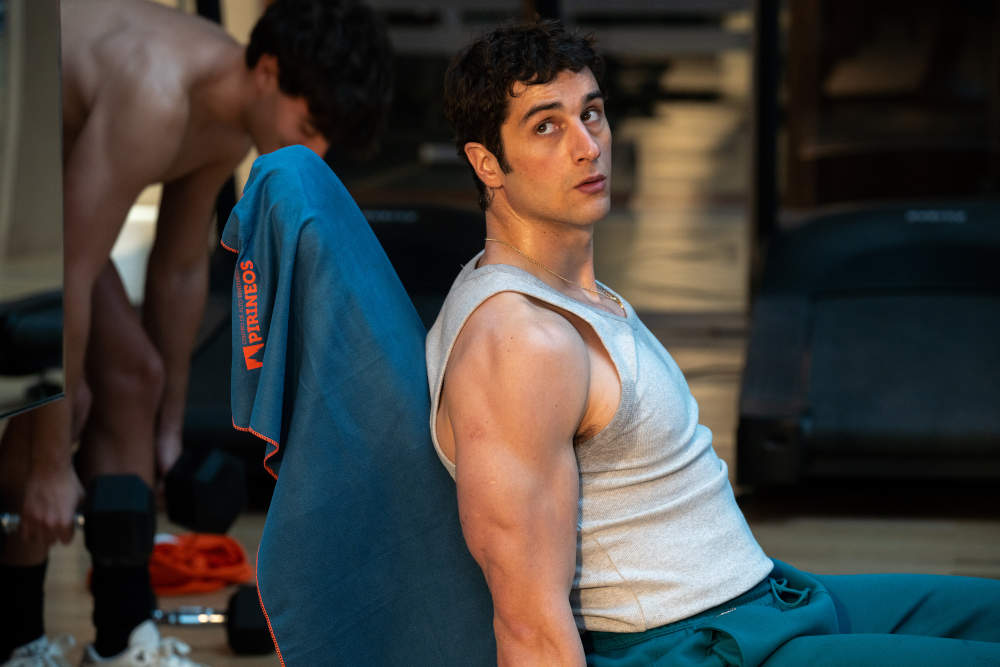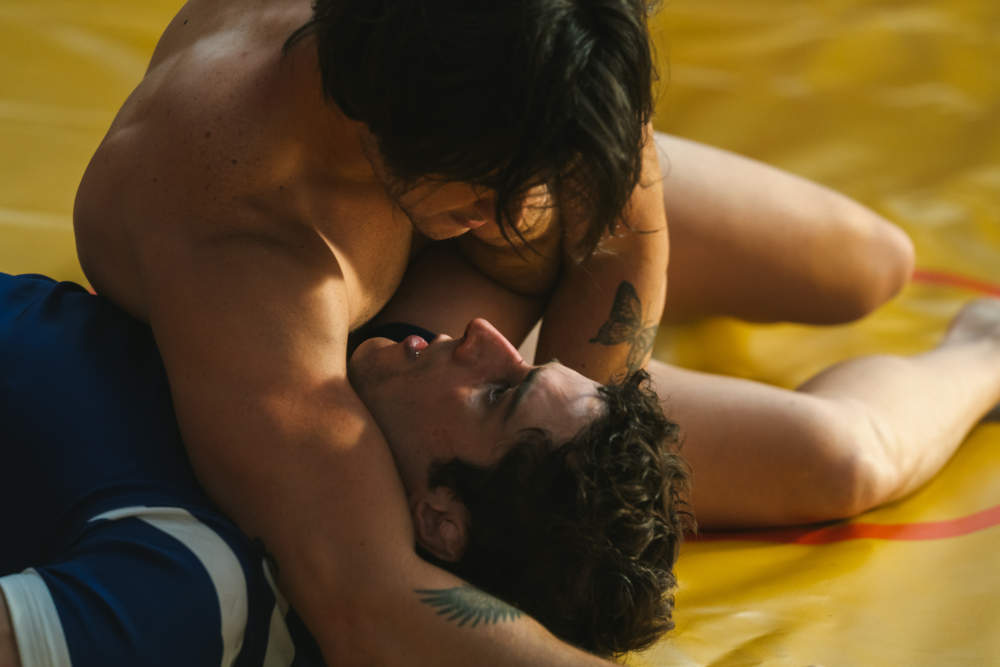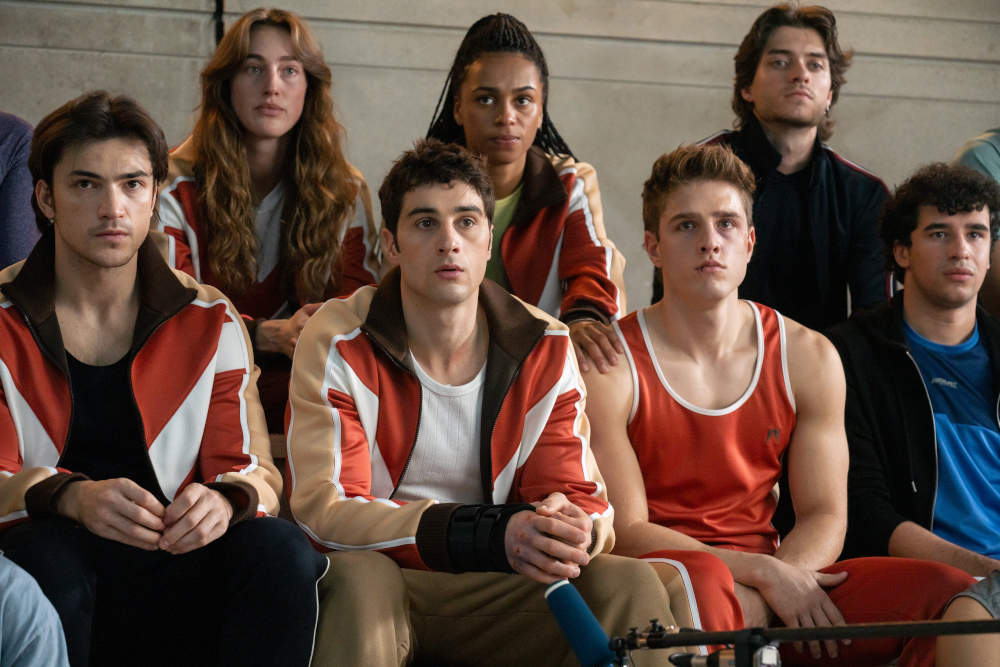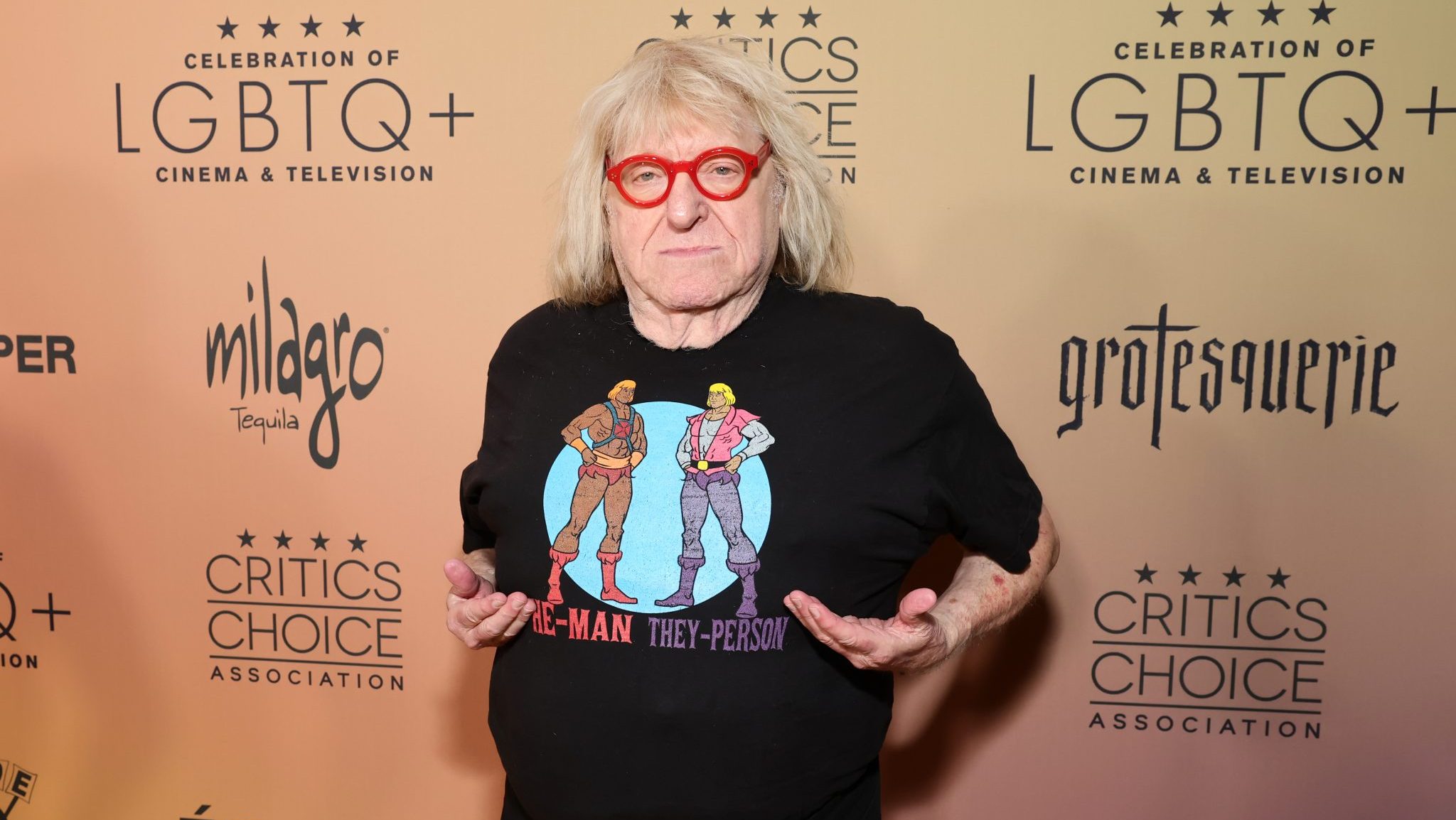Jesse Tyler Ferguson is no stranger to praise and scrutiny alike. As one of the most recognizable faces from the long-running ABC sitcom Modern Family, the openly gay actor recently opened up about the complicated legacy of his character, Mitchell Pritchett — and the unexpected places where the sharpest criticism came from.
Ferguson portrayed Mitchell, one-half of the show’s trailblazing gay couple, for 11 seasons from 2009 to 2020. Alongside Eric Stonestreet’s Cameron Tucker, the duo became one of the first married gay couples with a child to be regularly featured on primetime network television. For many viewers, they were a symbol of progress. For others — particularly within the LGBTQ+ community — their portrayal wasn’t enough.
In a candid appearance on the July 8 episode of Dinner’s On Me podcast, Ferguson revealed that the critiques he heard most frequently — and most loudly — didn’t come from conservative media or anti-LGBTQ+ voices, but from queer audiences themselves. “You receive criticism, as you do, with anything you do,” Ferguson said. “But the criticism that I think I heard the loudest was always from the gay community, feeling as if, maybe, I didn’t represent their idea of what a gay relationship was, or a gay man was.”
A Milestone in Representation — With Limits
When Modern Family debuted in 2009, LGBTQ+ representation on network television was limited. Mitchell and Cam’s storyline — which included adopting a daughter, building a life together, and eventually getting married — marked a significant moment in American pop culture. It was one of the few depictions of a same-sex couple that didn’t end in tragedy, stereotypes, or invisibility.
Yet the realism some viewers were hoping for didn’t fully translate on-screen. One year after the show premiered, fans launched a Facebook campaign demanding to see the couple express more physical affection, including something as simple as a kiss.
The movement led to the production of “The Kiss,” a Season 2 episode that addressed the couple’s perceived lack of intimacy. The episode explained Mitchell’s reserved nature as a result of his emotionally distant upbringing — a narrative choice meant to explain, and perhaps justify, the lack of public displays of affection. The episode culminated in a brief, meaningful kiss that, while subtle, marked a turning point for LGBTQ+ storytelling on television.
A Mirror or a Mosaic?
For Ferguson, portraying Mitchell came with its own internal tension — the pressure to be everything to everyone. As an openly gay man playing a fictional version of himself, he often felt that viewers projected their hopes, fears, and ideals onto the character. “I always took [the criticism] with such a grain of salt,” he said. “Because I’m representing one person. I’m in charge of this one character. We can’t be expected to represent every gay person. We can only represent these two people.”
He added: “Mitch is basically a version of me… so I never know how to take it when people say that he is stereotypical.”
That balance — between authenticity and universality — is a recurring theme in conversations around LGBTQ+ visibility. While shows like Modern Family, Will & Grace, and Glee helped pave the way, they were often tasked with representing an entire community within the confines of a few scripted characters.
Ferguson’s admission reveals the emotional burden that often comes with being a “first” — the first gay couple, the first gay parent, the first to break through in middle America. And with that visibility often comes impossible expectations.
The Impact Was Undeniable
Despite critiques, Modern Family undeniably moved the needle in public opinion. A 2012 Hollywood Reporter poll revealed that 27% of Americans said watching gay-inclusive shows like Modern Family and Glee made them more supportive of marriage equality — a significant statistic at a time when LGBTQ+ rights were still being hotly debated across the U.S.
Ferguson and Stonestreet’s on-screen marriage even preceded the nationwide legalization of same-sex marriage by several years. Their characters were among the first to show mainstream audiences that queer families existed — and thrived — beyond stereotypes. “It’s a strange paradox,” Ferguson said. “The same people who needed that representation the most were often the ones who were the most critical. But I understand it. When you don’t see yourself reflected accurately for so long, you start looking for perfection. And we were never going to be perfect. We were just Mitch and Cam.”
A More Nuanced Legacy
Since Modern Family ended in 2020, the media landscape has dramatically expanded to include more diverse and complex LGBTQ+ stories. Shows like Heartstopper, Pose, Sex Education, and The Last of Us have introduced gay characters whose lives don’t revolve solely around their sexuality, offering viewers a broader spectrum of queer experiences.
Still, Ferguson believes Modern Family played a foundational role in pushing that door open — even if it didn’t open it all the way. “I hope the show gave people a moment to breathe and say, ‘Okay, we’re getting somewhere.’ We were never trying to be the end-all-be-all of gay representation. We were a start.”Today, Ferguson continues to work in theater and television, while also advocating for LGBTQ+ rights and representation. He and husband Justin Mikita have two children and remain vocal supporters of queer families, both on-screen and off.
Looking back, Ferguson is proud of what Modern Family achieved — even if it came with challenges. “There were moments when the criticism stung. But it also showed me that people cared deeply. They wanted more. They deserved more. And hopefully, we helped make that possible.”
